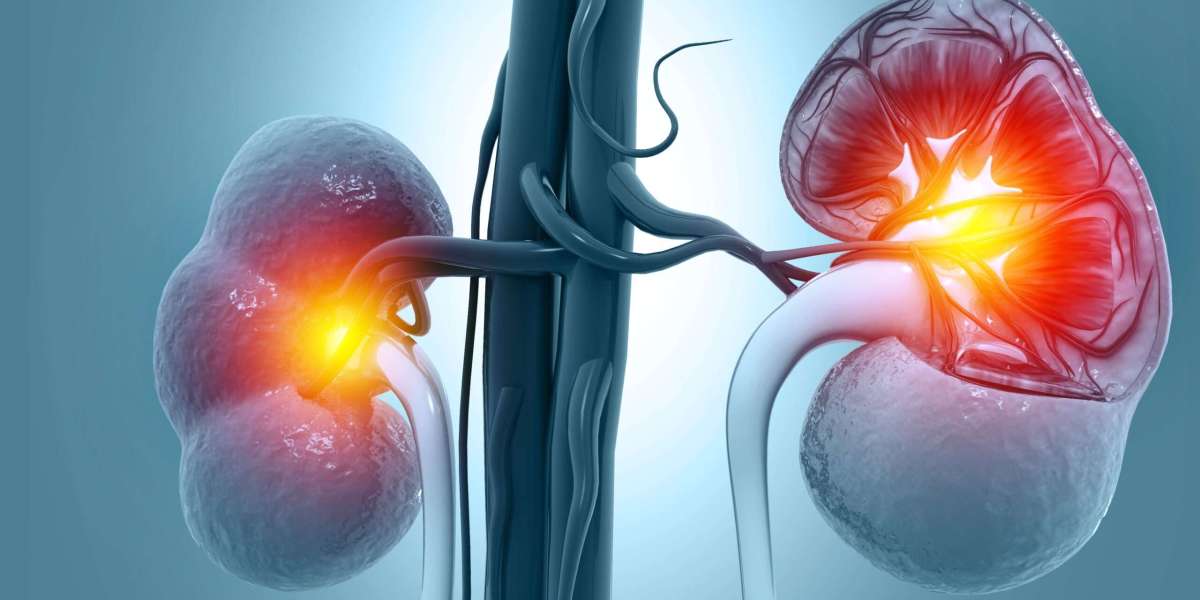When facing the uncertainty of a rare kidney condition, it’s easy to feel overwhelmed. The medical terms are long, the explanations complex, and the road ahead often unclear. But knowledge can be your strongest ally, and that’s exactly what we aim to share here. Let’s explore two lesser-known but impactful kidney conditions: Minimal Change Kidney Disease and C3 Glomerulopathy, including their causes, symptoms, and treatment options.
At NephCure, we believe in providing clear, compassionate support to patients and families navigating rare kidney diseases. So, let’s break this down in an easy-to-understand and supportive way.
What Is Minimal Change Kidney Disease?
Minimal Change Kidney Disease (MCD) is a condition where the kidney's filtering units, called glomeruli, appear normal under a regular microscope but show damage under an electron microscope. Despite the "minimal" name, the symptoms can be anything but small.
This condition is one of the most common causes of nephrotic syndrome in children, though it can also affect adults.
Key Symptoms of Minimal Change Disease:
Severe swelling (edema), especially in the face, legs, and ankles
Foamy urine, due to excessive protein loss (proteinuria)
Weight gain from fluid retention
Fatigue and poor appetite
Low blood protein levels and high cholesterol
What Causes Minimal Change Disease?
One of the most puzzling things about MCD is that we don’t always know why it happens. It's called “idiopathic” in many cases, meaning there’s no clear cause. However, researchers and doctors have identified some possible triggers and associated factors:
Possible Causes and Triggers:
Immune system dysfunction: Often linked to abnormal T-cell activity
Recent infections: Especially viral respiratory infections in children
Use of medications, Such as NSAIDs and lithium
Allergic reactions: Including bee stings or vaccines
Hodgkin's lymphoma: Rarely, MCD may be linked to underlying cancers
NephCure Note: Even though the exact mechanism isn't fully understood, Minimal Change Disease responds well to treatment in most cases especially in children.
Diagnosing Minimal Change Kidney Disease
Because the changes in kidney structure are so subtle, diagnosis typically involves:
Urine tests for protein levels
Blood tests for albumin and cholesterol
Kidney biopsy (especially in adults), where tissue is examined under an electron microscope
Treatment Options for Minimal Change Disease
The good news? Minimal Change Disease is highly treatable, especially when caught early. Most children respond well to treatment within weeks.
Main Treatments:
Corticosteroids (Prednisone): First-line treatment for reducing inflammation and proteinuria
Immunosuppressive medications, Such as cyclophosphamide or cyclosporine, in steroid-resistant cases
Diuretics: To manage swelling
ACE inhibitors or ARBs: To reduce protein loss
Dietary support: Low-sodium, high-protein diets may help control symptoms
Relapse Alert: MCD can relapse, especially in children. Regular monitoring and early treatment are key to long-term health.
Now Let’s Talk About C3 Glomerulopathy
C3 Glomerulopathy (C3G) is a rare but serious group of diseases where the body’s complement system, a part of the immune system, malfunctions, leading to uncontrolled inflammation and kidney damage.
There are two main types:
Dense Deposit Disease (DDD)
C3 Glomerulonephritis (C3GN)
These diseases are named after C3, a protein in the complement pathway that becomes abnormally activated and deposits in the glomeruli.
C3 Glomerulopathy Causes: What We Know
C3G is a complement-mediated kidney disease, meaning the issue lies in the alternative pathway of the complement system. This pathway helps fight infections, but when unregulated, it can damage kidney tissues.
Main Causes of C3 Glomerulopathy:
Genetic mutations: Mutations in genes like CFH, CFI, CFB, or C3 that control the complement system
Autoantibodies: Like C3 nephritic factor (C3NeF), which stabilizes complement proteins and keeps them active too long
Acquired dysregulation: In some cases, the cause is acquired rather than inherited
These issues lead to the buildup of C3 fragments in the kidneys, which can be seen during a kidney biopsy using special staining techniques.
Symptoms of C3 Glomerulopathy
Because it can develop gradually, C3G is sometimes only caught during routine lab work. However, more noticeable symptoms include:
Proteinuria
Hematuria (blood in the urine)
High blood pressure
Swelling (especially in the legs)
Decreased kidney function over time
Diagnosing C3 Glomerulopathy
Diagnosis typically involves:
Urine and blood tests for kidney function
Complement levels in the blood (especially low C3)
Kidney biopsy to confirm C3 deposits
Genetic testing or blood tests for complement-related antibodies
Treatment Options for C3G
Treatment for C3G is still evolving and often depends on the severity of the disease and how fast it’s progressing.
Current Approaches:
Supportive therapy: Includes blood pressure control and reducing proteinuria with ACE inhibitors or ARBs
Immunosuppressive therapy: May include corticosteroids or drugs like mycophenolate mofetil
Plasma exchange: Used in some cases to remove harmful autoantibodies
Complement inhibitors: A newer class of medications targeting specific proteins in the complement system (e.g., eculizumab)
Research Spotlight: Clinical trials are ongoing to test new complement-blocking therapies for C3G. NephCure is actively involved in supporting this research.
Living with MCD or C3G: A Supportive Path Forward
Whether you're dealing with the uncertainty of Minimal Change Kidney Disease or the complexity of C3 Glomerulopathy Causes, know that you don’t have to walk the path alone. At NephCure, we work tirelessly to:
Fund research into rare kidney diseases
Connect patients with top specialists and clinical trials
Advocate for earlier diagnoses and better treatments
Provide education and emotional support for families
Final Words: Hope Is on the Horizon
Kidney diseases like MCD and C3G can be frightening, especially when they affect children or progress quickly. But with early detection, personalized care, and support from communities like NephCure, patients and families can face these challenges with strength and confidence.














